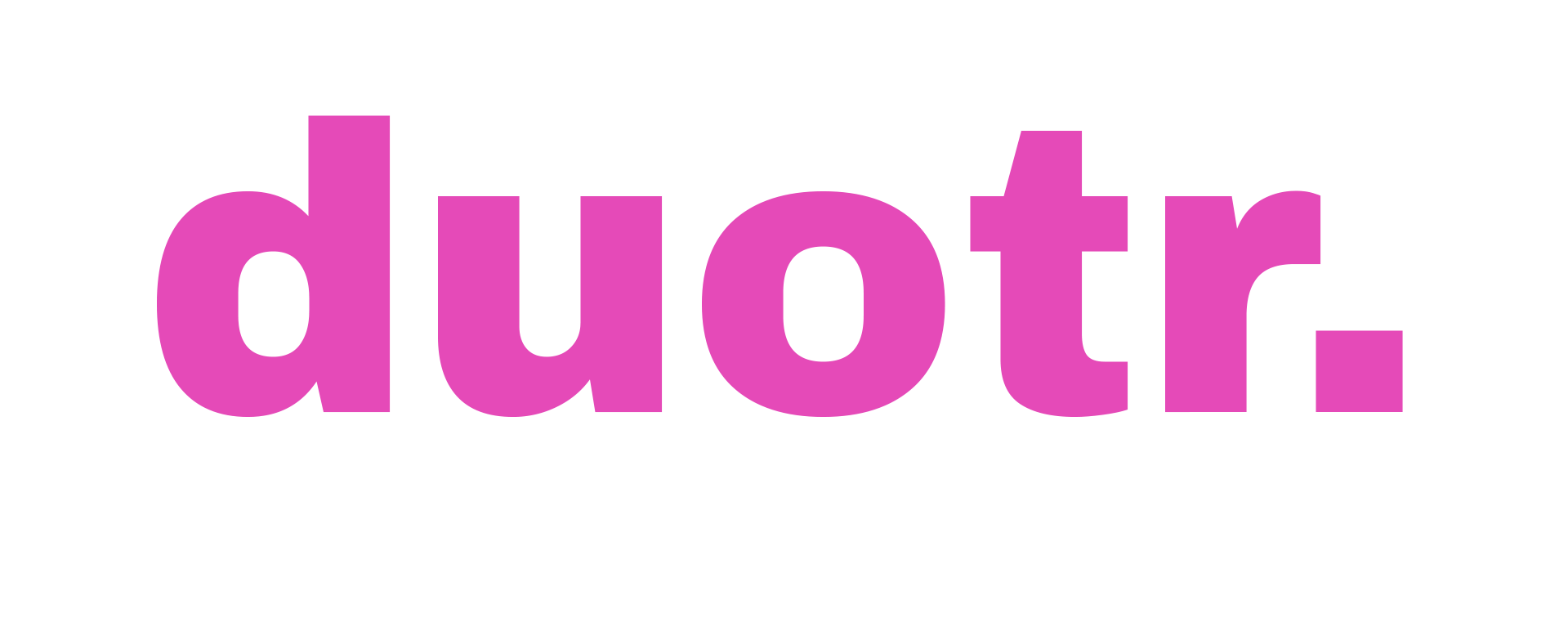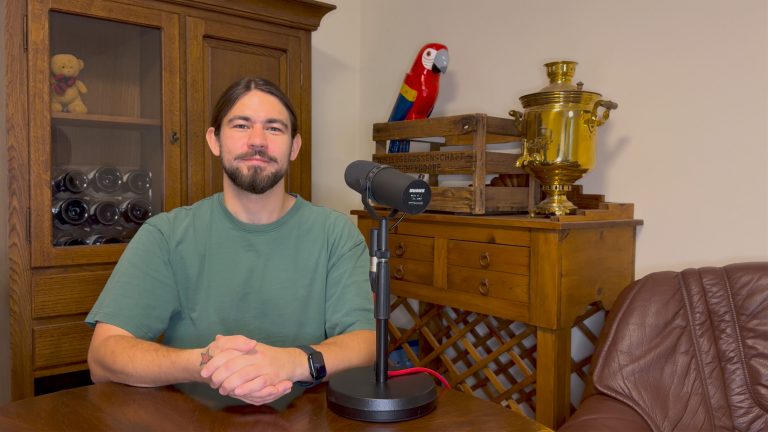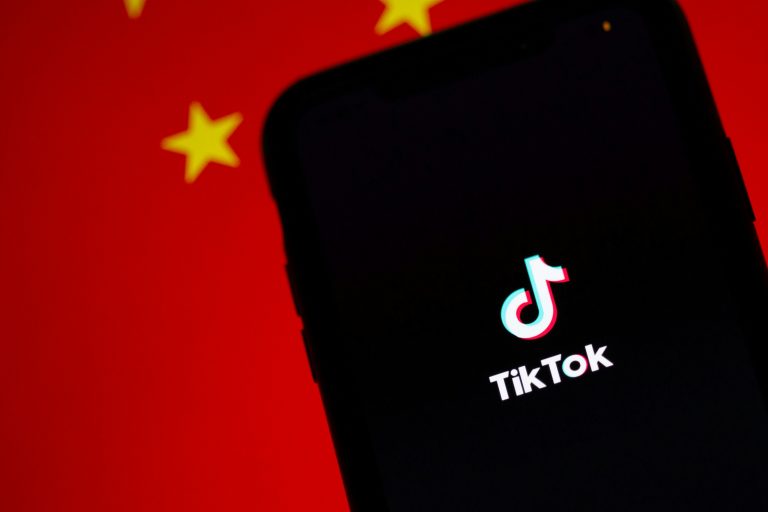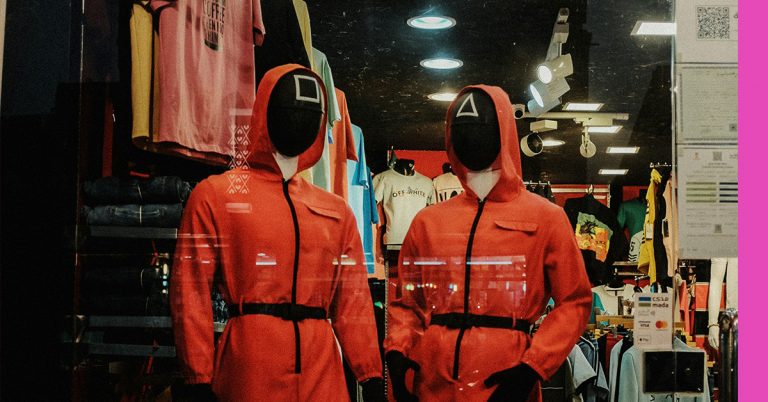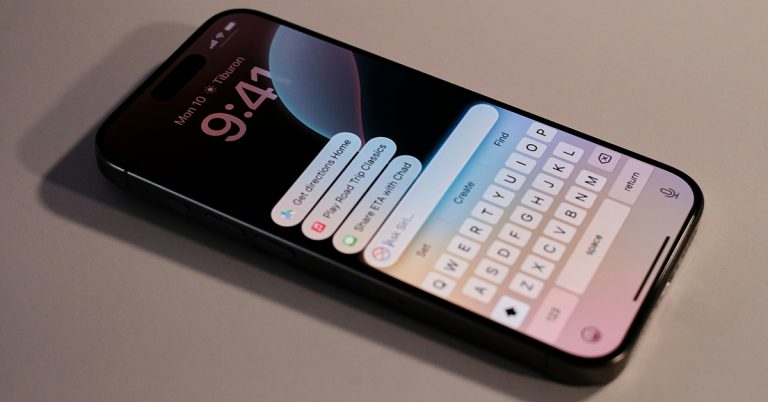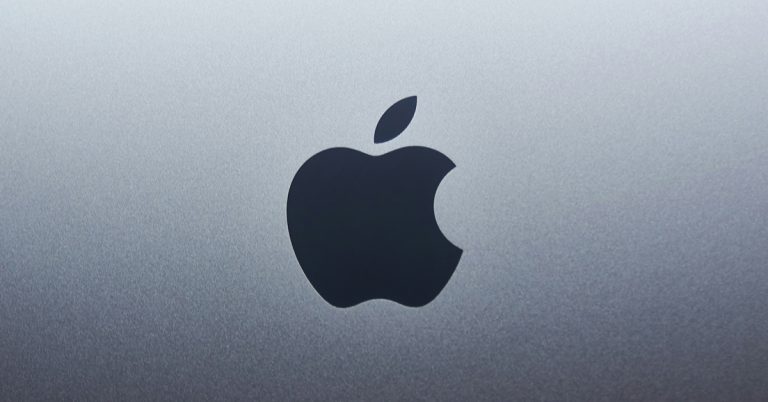TikTok’s First Amendment Defense Falls Flat: Can Dancing Save It Now?
TikTok just tried to pull the ultimate “freedom of speech” card, but it didn’t quite work out the way they hoped. In a courtroom showdown, TikTok argued that banning its app from U.S. government devices violated the First Amendment. Spoiler alert: the judge wasn’t impressed. Despite all those viral dances, TikTok’s legal moves didn’t manage to groove their way out of trouble.
In a bold attempt to preserve its platform amidst growing national security concerns, TikTok tried to convince a judge that its rights under the U.S. Constitution’s First Amendment shielded it from being banned. After all, TikTok isn’t just about lip-syncing teenagers—it’s a massive global platform that allows for freedom of expression, right? Well, not according to the U.S. government, which has been getting jittery about TikTok’s Chinese ownership and the data it collects from American users.
The app has been accused of being a potential tool for espionage, leading to multiple state governments and even federal agencies banning it on official devices. TikTok’s legal team pushed back, arguing that the First Amendment should protect its operation in the U.S. Unfortunately for TikTok, the judge sided with national security concerns, suggesting that free speech doesn’t always win when it comes to potential data leaks and espionage risks.
But while TikTok’s legal bid has faltered, don’t expect the app to vanish anytime soon. Despite the hurdles, TikTok remains wildly popular, with over 1 billion active users globally. The battle isn’t over—it’s just beginning. Perhaps next, TikTok will need to find a legal argument as catchy as its viral dances if it hopes to stay in the U.S. for the long haul.
